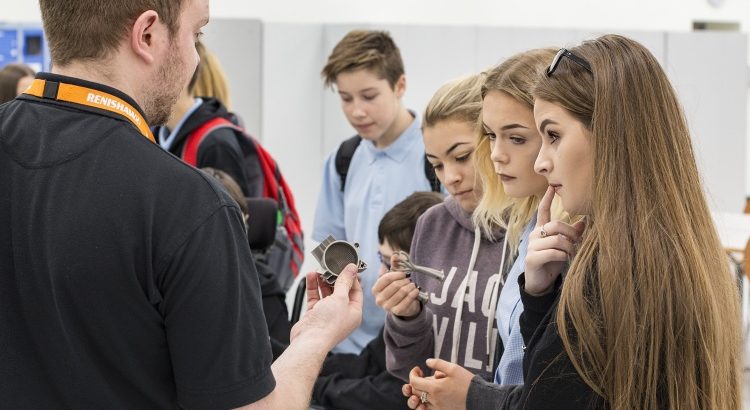Ghana/November 28, 2017/ Source: http://citifmonline.com
Experts in education at a high level panel discussion organised by the Association of African Universities (AAU), have called for strong partnership between industry and academia, to accelerate Ghana’s socioeconomic development.
The panelists said such a collaboration will enable universities get funding from industry, whereas industry gets the needed research from universities.
They expressed the hope that a strong collaboration between industry and universities, will also help prepare graduates adequately with the requisite skills for employment by industry.
The panelists included Professor Nicholas N. N. Nsowah-Nuamah, President, Regent University College of Science and Technology; Dr Eva Esther Shalin, the Associate Dean, Students Affairs and Collaboration, BlueCrest University College (GH) Limited; Mr Rizwan Ahmad, the Director, IPMC; and Mrs Eva Hazel, the Director of Tertiary Education, Ministry of Education.
The panel discussion forms part of the AAU week celebration on the theme “AAU@50: Achievements and Prospects for Sustainable Development in Africa”.
It was attended by participants from the Regent University College of Science and Technology, Bluecrest University College, University of Energy and Natural Resources and Koforidua Technical University.
Others are University of Professional Studies, Accra, Knutsford University College, IMPC, Accra Institute of Technology, Ghana Institute of Journalism, Anglican University College of Technology and Wisconsin International University College.
Prof Nsowah-Nuamah said in designing the syllabus for various schools, there is the need for universities to find out from industries whether the programmes they intend to run are in line with their needs.
He said in addition, the inputs of other stakeholders should be sought before the new programmes take off.
He urged the Government to come out with a new policy that would make industrial attachment compulsory for all tertiary education students; stating that at the moment, it was only the Technical Universities and the Polytechnics which were implementing such a policy.
Dr. Shalin urged industries to open their doors to the universities; adding that universities must be innovative and proactive.
She advised students to have mentors and be mindful that research was about global networking.
Mr. Ahmad called for a holistic approach in addressing the needs of education and industry.
Mrs. Hazel said the Ministry of Education was developing a new policy that would ensure that the syllabi of educational institutions, right from the kindergarten to the tertiary level, are related to industry.
She said the syllabi of educational institutions would be structured in such way that it would give people employable skills.
She said the Ministry would be coming out with a new policy to ensure that students actually benefit from industrial attachments.
Professor Etienne Ehouan Ehile, the Secretary-General of the AAU, reiterated the AAU’s commitment to partner with the right institutions in improving the quality of higher education in Africa, as demanded by its mandate.
“The AUU is further playing a key role in promoting and sustaining best practices across higher education institutions on the continent,” he said.
Source:
http://citifmonline.com/2017/11/26/education-experts-call-for-partnership-between-industry-and-academia/













 Users Today : 16
Users Today : 16 Total Users : 35460473
Total Users : 35460473 Views Today : 32
Views Today : 32 Total views : 3419327
Total views : 3419327